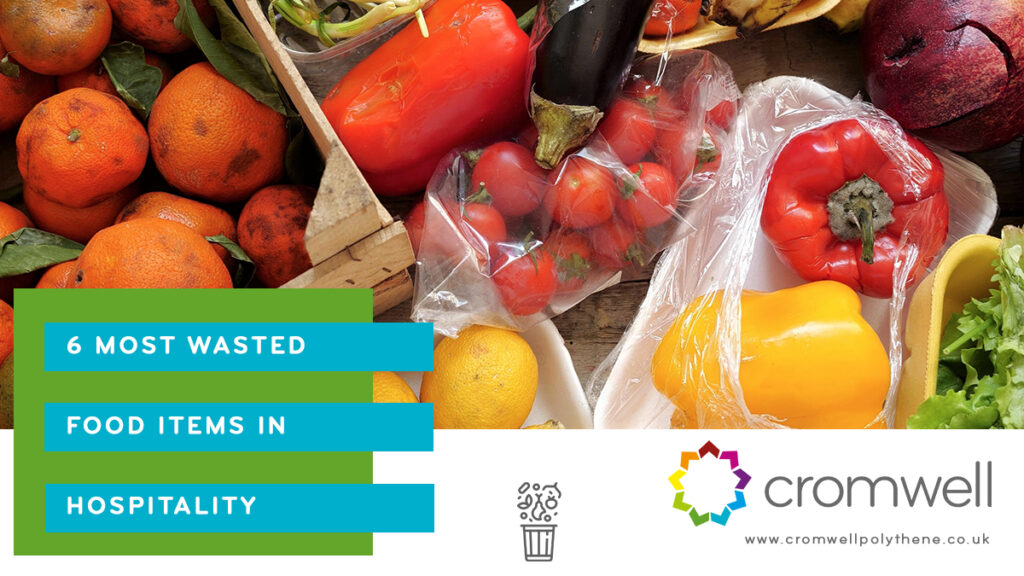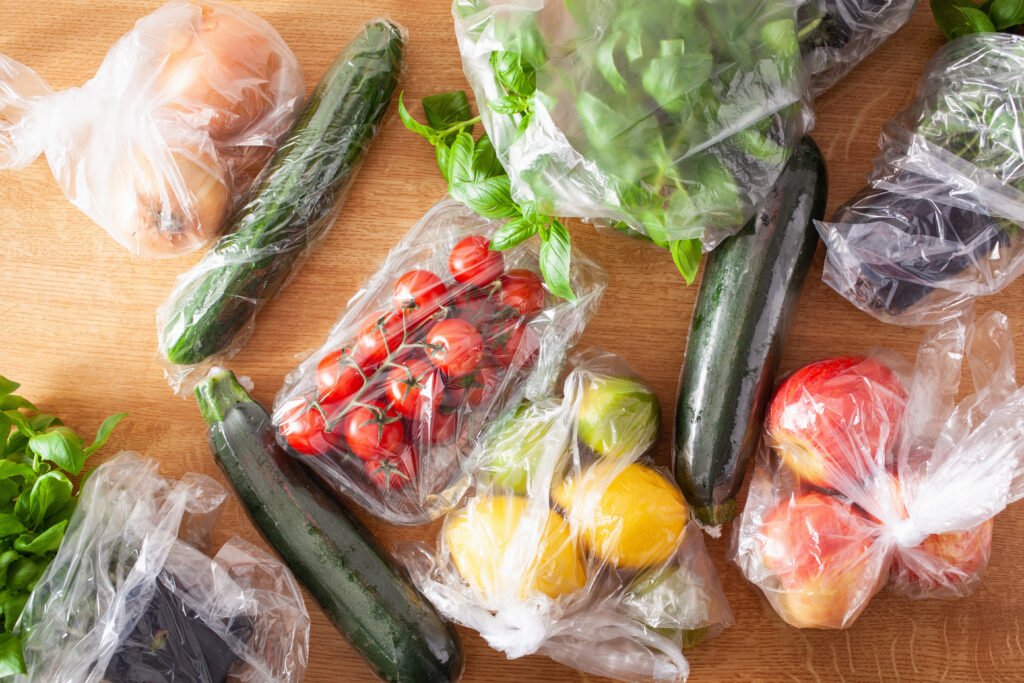The hospitality and food service sector (including restaurants, hotels, and catering) generates around 920,000 tonnes of food waste annually, this is all attributing to the 9.52 million tonnes of food waste which is disposed of in the UK annually. Food waste is becoming an ever growing issue, with statistics seemingly rise year on year, and with only half of local authorities offering separate food waste collections, it seems that disposal of organic waste rarely gets a second thought.

Yet, improvements could be on the horizon, as food waste collections are set to become mandatory between 2026 and 2027, unless the new government makes amends. Hopefully this will reduce levels of food waste, or at the very least improve the organic recycling rates throughout the UK, in particular within the catering and hospitality industry. Just like in households, food waste is produced daily within the food sector, just on a far larger scale, but which foods are getting disposed of the most? And are there ways we can reduce this waste?
6 Most Wasted Food Items
Food waste is an inevitable challenge, partly due to the in-edibility of certain items, but often it’s a result of mismanagement or over-purchasing. For businesses like cafes, restaurants, and hotels, this waste is not just a sustainability issue but also a significant financial burden. In fact, the UK restaurant industry is estimated to lose around £682 million annually because of food waste. But what are the top items that need more attention to reduce this waste?
- Bread: Bread is one of the most commonly wasted items within the food-service sector, it is used throughout almost every business type, and is common throughout almost every meal time, whether it is toast for breakfast, a sandwich for lunch or even a side roll during dinner. It is estimated that approximately 900,000 tonnes of bread are wasted each year, both at the production and consumer levels. Commonly this is an issue with over-purchasing or over-making, to assist with this, it is always good to highlight that bread is easily frozen, helping extend the shelf-life.
- Potatoes: Each year, around 750,000 tonnes of potatoes are wasted, often due to discarded peelings. Many chefs and kitchen staff routinely remove peels for their recipes, but leaving them on could be a viable option since they are fully edible. Embracing this change can significantly cut down on food waste. However, if keeping the peels isn’t feasible, organic recycling should always be the go-to alternative.
- Milk: Unfortunately dairy products are often high on the list, with milk being the front runner, the disposal of this can occur due to factors such as expiration, improper storage, or surplus production. Dairy products often have a shorter life span than many other items, so it is no surprise they often turn into waste, however most diary items, including milk are freezable – and should always be done so if they are likely to get discarded.
- Bananas: These are one of the quickest decaying fruit, with the lifespan decreasing even quicker due to mishandling. Personal preferences of consumers see many ripe banana’s getting sent to recycling or even landfill, despite being still perfectly edible. If a ripened banana is not to your taste, use it as an ingredient instead – perhaps making a smoothie, or banana bread.
- Salad and Vegetables: Due to over-purchasing, stringent quality standards, or perceived “inedible” scraps, foods like lettuce, leafy greens, cucumbers, and tomatoes are frequently discarded. In fact, about 170,000 tonnes of salad and vegetables are wasted each year in the UK. Similar to bananas, these foods are incredibly versatile and can be used in a wide variety of recipes and meals. Before tossing them out, take some time to research creative ways to incorporate them into your cooking.
- Cheese – finally, we have cheese – another dairy culprit. Often this is disposed of due to excess quantities which have not been used before their ‘best before date’. Again much like milk, cheese is a freezable food, but one that is often not consider to be so. If you buy your cheese in bulk, plan how much you will need, and then freeze the rest!

Whilst some forms of food waste is unavoidable, there are ways we can try to reduce it by better planning, extending life spans by freezing and trying out new recipes. However for the food waste that is still produced can be placed in organic waste or food waste collections.